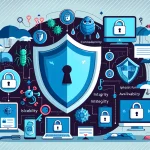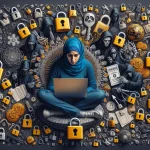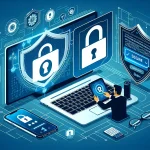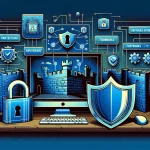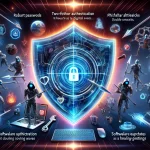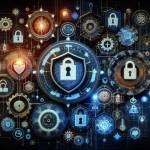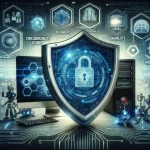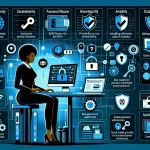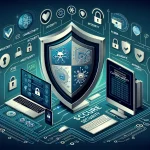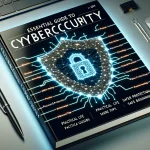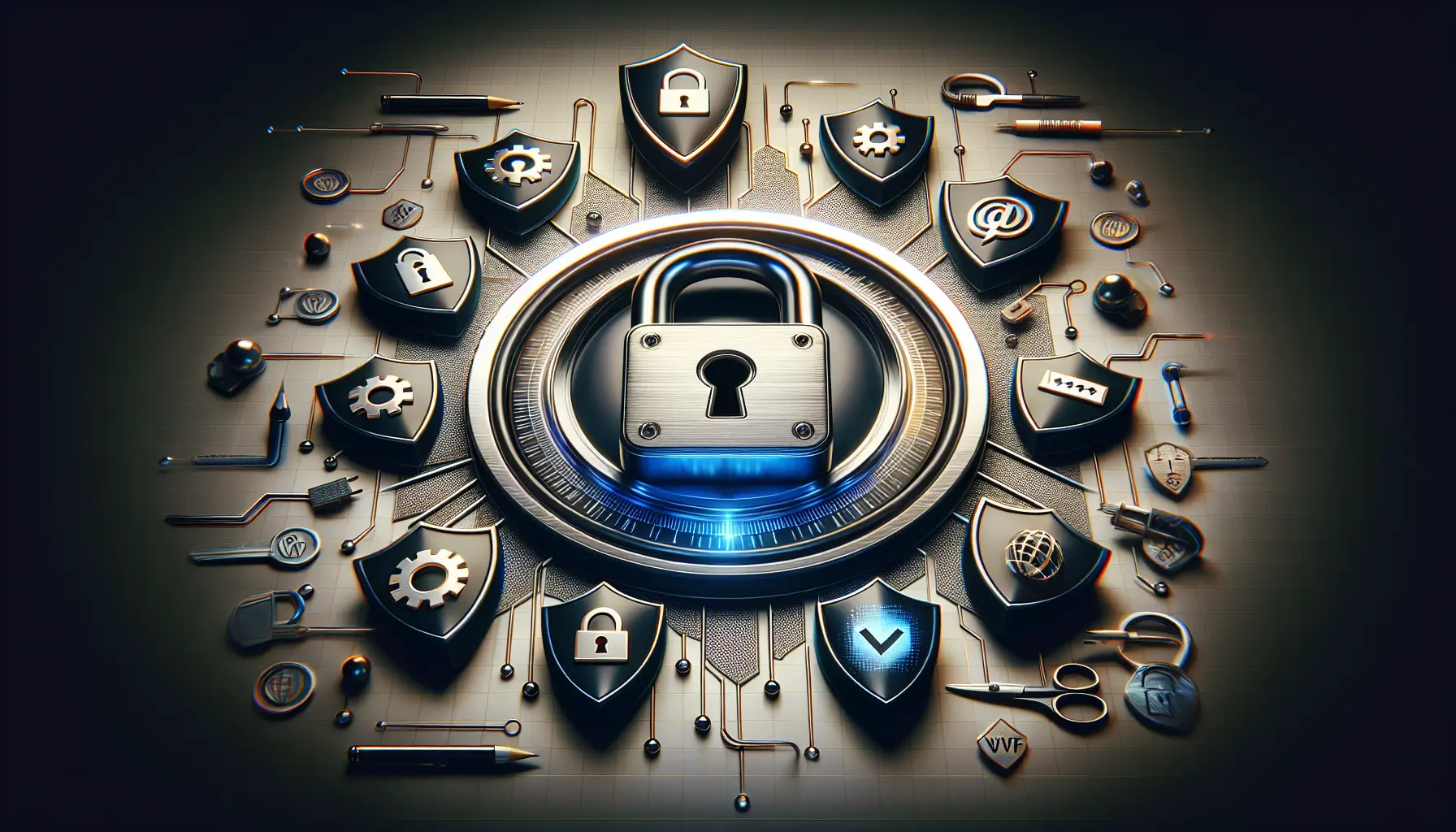
Estimated reading time: 8 minutes
Key Takeaways
- Understanding Cybersecurity: It's essential for protecting your online information.
- CIA Triad: Focus on confidentiality, integrity, and availability.
- Personal Risks: Data breaches can affect anyone, not just large companies.
- Strong Passwords: Use unique, complex passwords for each account.
- Stay Informed: Regularly update your knowledge and tools for better security.
Table of Contents
- Understanding the Basics of Digital Protection
- What Actually Is Cybersecurity?
- Why You Need to Care About Digital Security
- Essential Security Practices Everyone Should Know
- Recognizing and Avoiding Common Threats
- Simple Steps for Better Security
- Essential Security Tools for Beginners
- Next Steps in Your Security Journey
- Frequently Asked Questions
Understanding the Basics of Digital Protection
Digital security doesn't have to be complicated. Whether you're shopping online, checking emails, or managing your bank account, knowing how to protect yourself online is crucial. This guide breaks down essential cybersecurity concepts into simple, actionable steps anyone can follow.
What Actually Is Cybersecurity?
Think of cybersecurity as your digital home security system. It's all the tools, practices, and habits that protect your online information from theft or damage. Every time you use a password, update your phone, or think twice before clicking a suspicious link, you're practicing cybersecurity.
The foundation of information security rests on three key principles, known as the CIA Triad:
- Confidentiality: Keeping your private information private
- Integrity: Ensuring your data remains accurate and untampered
- Availability: Making sure you can access your information when needed
Why You Need to Care About Digital Security
Here's a sobering fact: In 2023, the average cost of a data breach reached $4.45 million. But cybersecurity isn't only about big companies. Personal attacks happen constantly:
- Your social media could be hijacked
- Your bank accounts could be drained
- Your identity could be stolen
Even small pieces of personal information can give criminals the keys to your digital life. A birthday here, an address there – it adds up quickly. For more on this, check out Cybersecurity Threats 2025 Guide.
Essential Security Practices Everyone Should Know
Protecting Your Accounts
Create strong passwords by:
- Using at least 12 characters
- Mixing uppercase, lowercase, numbers, and symbols
- Avoiding personal information like birthdays or pet names
- Using different passwords for each account
Consider using a password manager to keep track of complex passwords securely. For more information, visit Antivirus vs Anti-Malware.
Securing Your Internet Connection
- Use WPA3 encryption on your home WiFi
- Never conduct sensitive business on public WiFi without a VPN
- Regularly update your router's firmware
- Change default router passwords immediately
For more tips, check out Cybersecurity for Beginners: How to Get Started in 2025.
Recognizing and Avoiding Common Threats
Malware Protection
Install reputable antivirus software and keep it updated. Free options like Windows Defender offer solid protection for most users. Watch for warning signs like:
- Unexpected pop-ups
- Slow computer performance
- Strange programs you didn't install
- Files you can't access
Phishing Awareness
Before clicking links or downloading attachments:
- Check the sender's email address carefully
- Look for spelling or grammar errors
- Be suspicious of urgent requests
- Verify requests through official channels
For more insights, visit The Absolute Beginners.
Simple Steps for Better Security
Regular Updates
Set your devices to update automatically. This includes:
- Operating systems
- Applications
- Security software
- Browser plugins
Data Backup Strategy
Follow the 3-2-1 rule:
- Keep 3 copies of important data
- Store them on 2 different types of media
- Keep 1 copy off-site or in the cloud
For more on secure setups, check out Secure Remote Work Setup Guide.
Essential Security Tools for Beginners
Start with these free or low-cost tools:
- Password Managers: Bitwarden or LastPass
- Antivirus: Windows Defender or Bitdefender Free
- VPN: ProtonVPN's free tier
- Two-Factor Authentication: Google Authenticator or Authy
Next Steps in Your Security Journey
As you become more comfortable with basic security practices, explore these resources:
- CISA's cybersecurity resources
- Free courses on Coursera or edX
- Security blogs like Krebs on Security
- Local cybersecurity meetups
For a comprehensive guide, visit Cybersecurity for Beginners Guide.
Remember: Good security habits are built over time. Start with the basics, then gradually add more protective measures as you learn.
Want to stay updated on the latest security tips? Subscribe to our newsletter and join our community of security-conscious readers. Share this guide with friends and family – because security works better when everyone participates.
Frequently Asked Questions
What is cybersecurity?
Cybersecurity refers to the practices and technologies designed to protect computers, networks, and data from unauthorized access, attacks, or damage.
Why is it important to have strong passwords?
Strong passwords are crucial because they help protect your accounts from unauthorized access and potential identity theft.
What should I do if I suspect a phishing attempt?
If you suspect a phishing attempt, do not click on any links or download attachments. Report the email to your IT department or email provider.
How can I secure my WiFi network?
Secure your WiFi network by using WPA3 encryption, changing the default password, and regularly updating your router's firmware.
What are the signs of malware infection?
Signs of malware infection include unexpected pop-ups, slow performance, and unfamiliar programs or files on your device.
